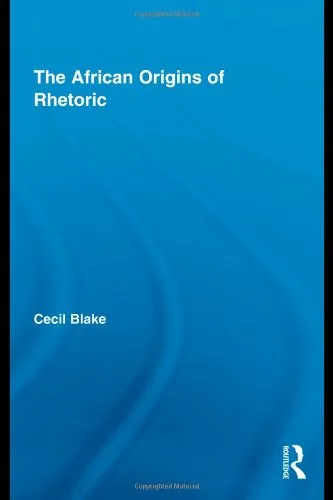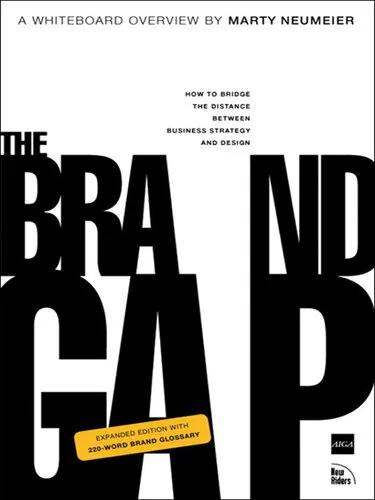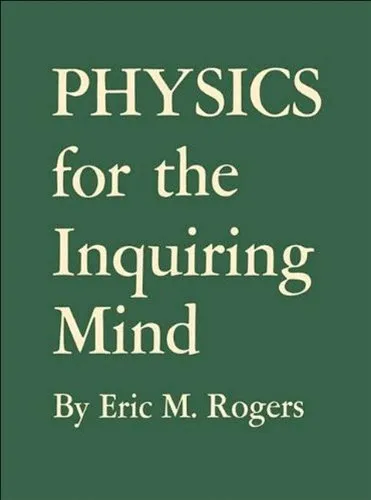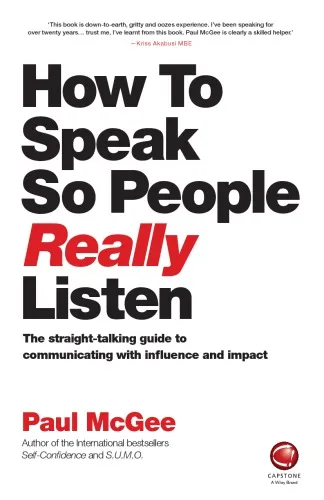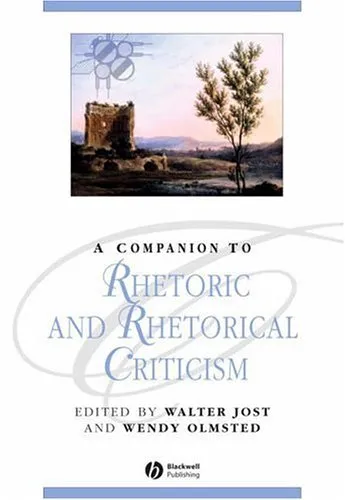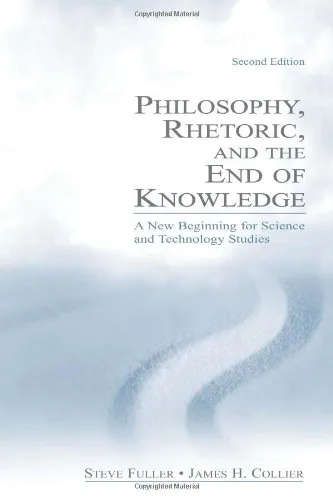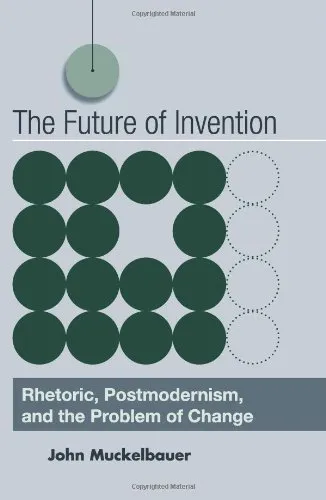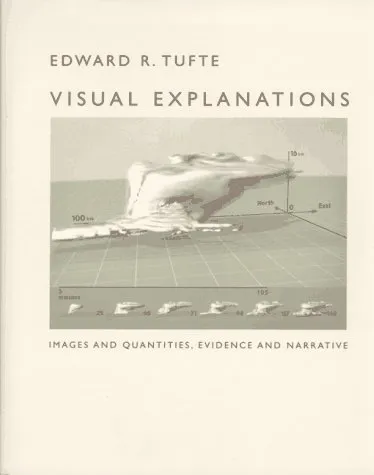The African Origins of Rhetoric
4.5
Reviews from our users

You Can Ask your questions from this book's AI after Login
Each download or ask from book AI costs 2 points. To earn more free points, please visit the Points Guide Page and complete some valuable actions.Related Refrences:
Introduction to "The African Origins of Rhetoric"
"The African Origins of Rhetoric" by Cecil Blake offers a groundbreaking exploration of communication, language, and persuasion from an African perspective. The book presents an in-depth study of rhetorical traditions in Africa and situates these traditions as crucial components in the global history of rhetoric. Moving beyond the Greco-Roman models that dominate rhetorical studies, this work examines how African cultures have shaped and articulated their own distinct rhetorical practices for centuries.
With a focus on reclaiming and validating African intellectual contributions, this book challenges Eurocentric narratives and underlines the importance of studying African rhetorical forms. It analyzes how African societies employed oral traditions, storytelling, proverbs, and symbolic language to influence thought and action—tools that are as relevant today as they were in ancient times. By presenting rhetoric as a deeply embedded and culturally specific art form, Cecil Blake reshapes how we think about communication and persuasion across different civilizations.
Summary of the Book
The core of "The African Origins of Rhetoric" lies in its emphasis on Africa's rich and diverse traditions of communication. Blake draws attention to the oral-centric nature of many African societies, tracing rhetorical practices back to pre-colonial times. These practices were instrumental in governance, storytelling, conflict resolution, and education. The book highlights how African rhetoric relies heavily on metaphors, community-oriented dialogue, and wisdom expressed through proverbs and parables.
Blake also delves into Africa's connection to ancient Egypt, where early rhetorical practices took root. He underscores the influence of Egyptian civilization on global ideas of communication, persuasion, and philosophical reasoning. By connecting this history to the present, the book demonstrates the persistence of African rhetorical traditions in shaping societies and identities.
Additionally, the book critiques the marginalization of African thought in modern rhetorical studies, proposing that scholars need to expand their frameworks to incorporate Africa's legacy. This shift, Blake argues, will not only enrich the field but also affirm the validity of African epistemological contributions.
Key Takeaways
- African rhetorical traditions have been an integral part of governance, storytelling, and conflict resolution for centuries and deserve greater scholarly attention.
- The role of proverbs, parables, and storytelling in African societies underscores the communal and culturally rooted nature of rhetoric in Africa.
- Ancient Egypt played a central role in shaping early rhetorical traditions, linking African thought to global intellectual history.
- Studying African rhetoric challenges Eurocentric assumptions in modern rhetorical theory and broadens the scope of global communication studies.
- Key concepts of African rhetoric—such as communal dialogue and symbolism—remain vital for addressing contemporary social and political issues.
Famous Quotes from the Book
"Rhetoric is not merely the art of persuasion but the capacity to shape community, forge identity, and sustain cultural values."
"To disregard Africa in the study of rhetoric is to ignore a cornerstone of human communication and intellectual achievement."
"Wisdom in African thought is not individualistic; it emerges in dialogue with others, and rhetoric thrives within this relational framework."
Why This Book Matters
"The African Origins of Rhetoric" is a transformative text that challenges conventional narratives in the field of rhetoric and communication studies. By illuminating Africa's contributions, the book acts as a corrective to the Eurocentric biases that have long dominated the field. It also underscores the universality of rhetoric as a human practice—one that spans continents and cultures.
This book is particularly important for students, scholars, and professionals who aim to deepen their understanding of global rhetorical traditions. As the modern world becomes increasingly interconnected, it is vital to explore rhetorical forms that transcend Western models. Blake's study offers a framework for appreciating the cultural specificity of African communication, providing insights that can be applied to resolving conflicts, fostering dialogue, and inspiring social change.
Ultimately, "The African Origins of Rhetoric" is a call to broaden intellectual horizons. It invites readers to see rhetoric not just as an academic discipline but as an art form deeply rooted in human history and culture. By shining a light on Africa's intellectual heritage, Cecil Blake opens the door to a richer, more inclusive understanding of how humans communicate and persuade.
Free Direct Download
You Can Download this book after Login
Accessing books through legal platforms and public libraries not only supports the rights of authors and publishers but also contributes to the sustainability of reading culture. Before downloading, please take a moment to consider these options.
Find this book on other platforms:
WorldCat helps you find books in libraries worldwide.
See ratings, reviews, and discussions on Goodreads.
Find and buy rare or used books on AbeBooks.
1450
بازدید4.5
امتیاز0
نظر98%
رضایتReviews:
4.5
Based on 0 users review
Questions & Answers
Ask questions about this book or help others by answering
No questions yet. Be the first to ask!
